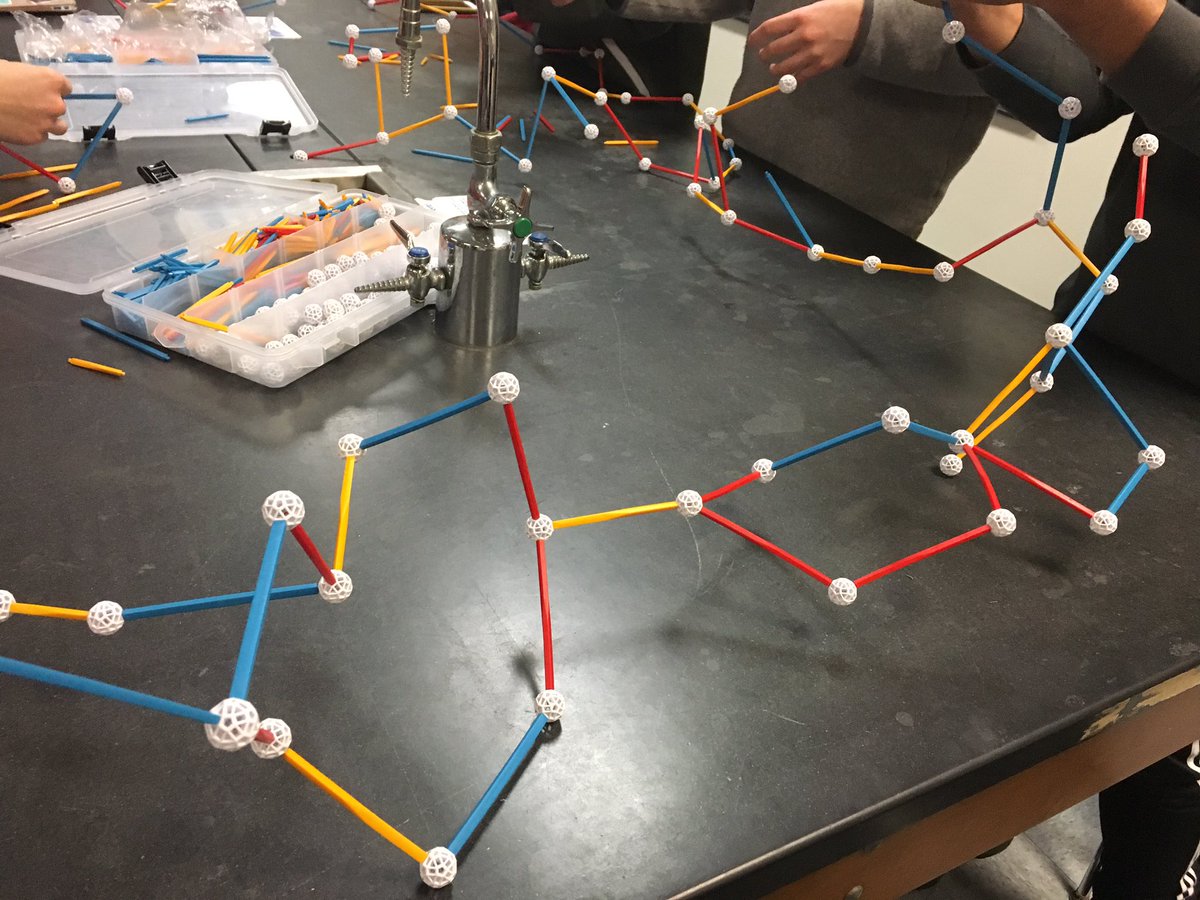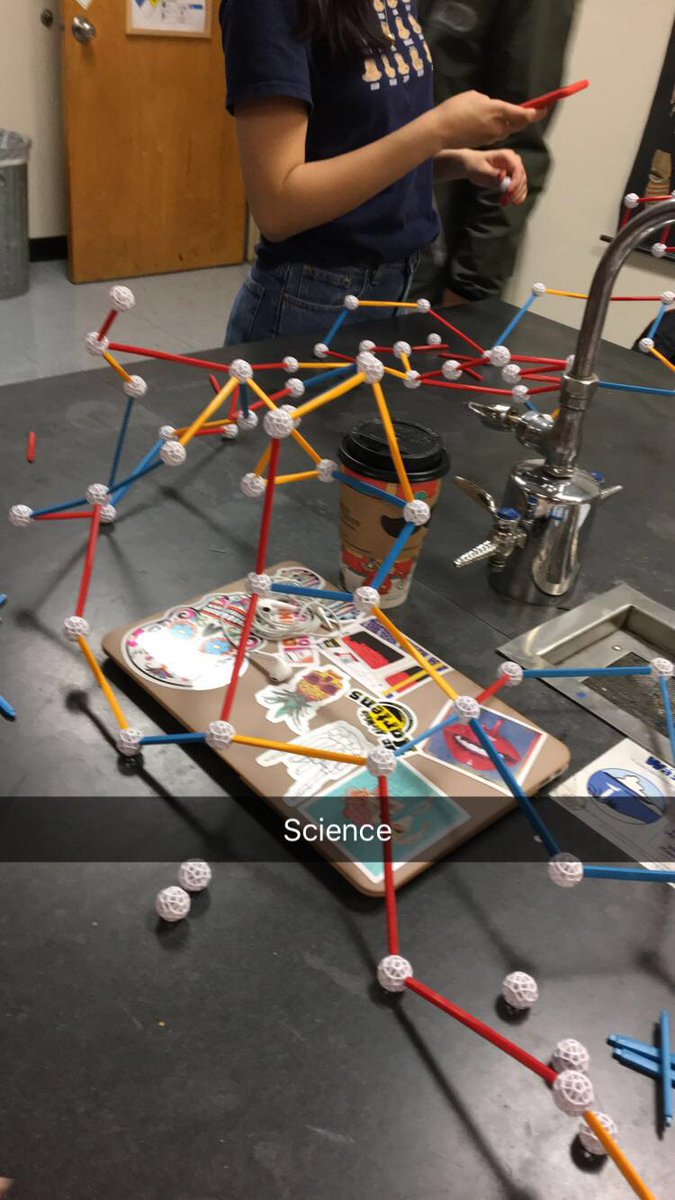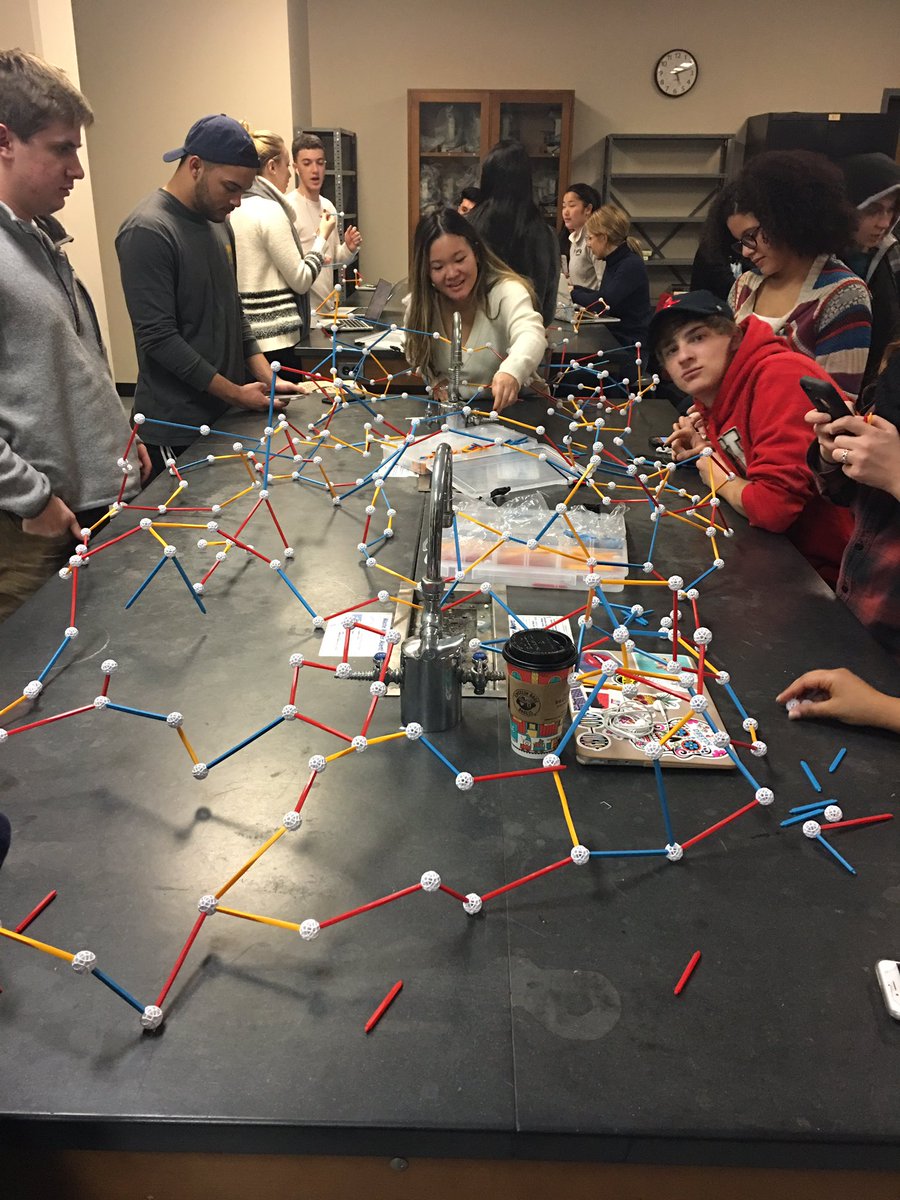Playing can help the mind expand through creativity and problem solving. Working with a group allows one to see things from a different perspective. By working with the Zometools, we were able to see that there are no straight lines with organic subjects ourselves rather than reading it from a textbook. Working with toys to understand a concept through personal experience helps with memorizations because you are more likely to remember something you enjoyed. When a group of people play, they work together to achieve a common goal. Playing is more fun and gives us a bit more motivation to achieve that goal. There is less argument and conflict because it is in a stress free environment and feels more comfortable taking chances that might lead to a breakthrough.

Playing does not exclude work. When you have to work through a problem the easiest and most organic way to work through a problem is to start playing with the solution. Once you have a starting point how the solution is created is through a process of playing a round with different paths and seeing which ones fit and get you closer to the solution and which sets you farther back. The only way to get to know what works and what doesn't is to play around and figure it out through experience.

Playing falls under the emic perspective because of the discoveries made while playing. With this activity in particular, there was a lot of experimenting. Sometimes pieces had to be moved around because they didn’t fit together physically or they didn’t fit the criteria. It would have been easy to build a plane if it were flat because the piece would have all fit together exactly as they were expected. Physically building a large scale plane shows that even with straight lines, structures can be flexible (even though there are no straight lines in cells). By playing and creating our own experiences, there is a better understanding of how nature actually works. The zometools help exemplify the natural occurrences of our environment and help to reshape our thinking that nature is not so black and white.

People play to learn from their environment. Often seen in the wild by playing animals learn important survival skills. Playing is a way to cultivate experience without the danger of actually entering the world. Lion cubs for example will often play with their siblings and through this they learn important hunting techniques. Playing creates experience that formulates further growth. Similarity Zometools for example let us play with the idea of creating a surface and give us an idea of what it would look like and how we would go about it. Playing again creates experience and this is why playing is so important.

As you play and experiment, you often find yourself discovering and learning new ideas about life and the natural world. For example, our group started building our planar structure with Zometools somewhat randomly. We had a basic plan, but moreso were simply building for fun. As we continued to build and grow our structure and as we continued to play around with the pieces, patterns began to emerge and we began to discover something about the nature of cell membranes. This happened somewhat by chance. As our structure got bigger, it became quite flexible, but also remained very solid and strong. As professor Hammer helped us understand, the nature of the cell and its membrane in nature holds a body similar to the structure of our Zometools structure. Ultimately, our play with the tools aided in our process of discovery and allowed us to learn and discover new concepts about the world around us. Interaction with other members of a group allows for a broader vision. Building off of the ideas of others promotes a kind of creativity that would otherwise be limited to a singular mind. The learning process is much greater but sped up significantly because multiple minds are at work together. As an individual you can visually witness the learning processes of others and therefore build your own in accordance.
No comments:
Post a Comment